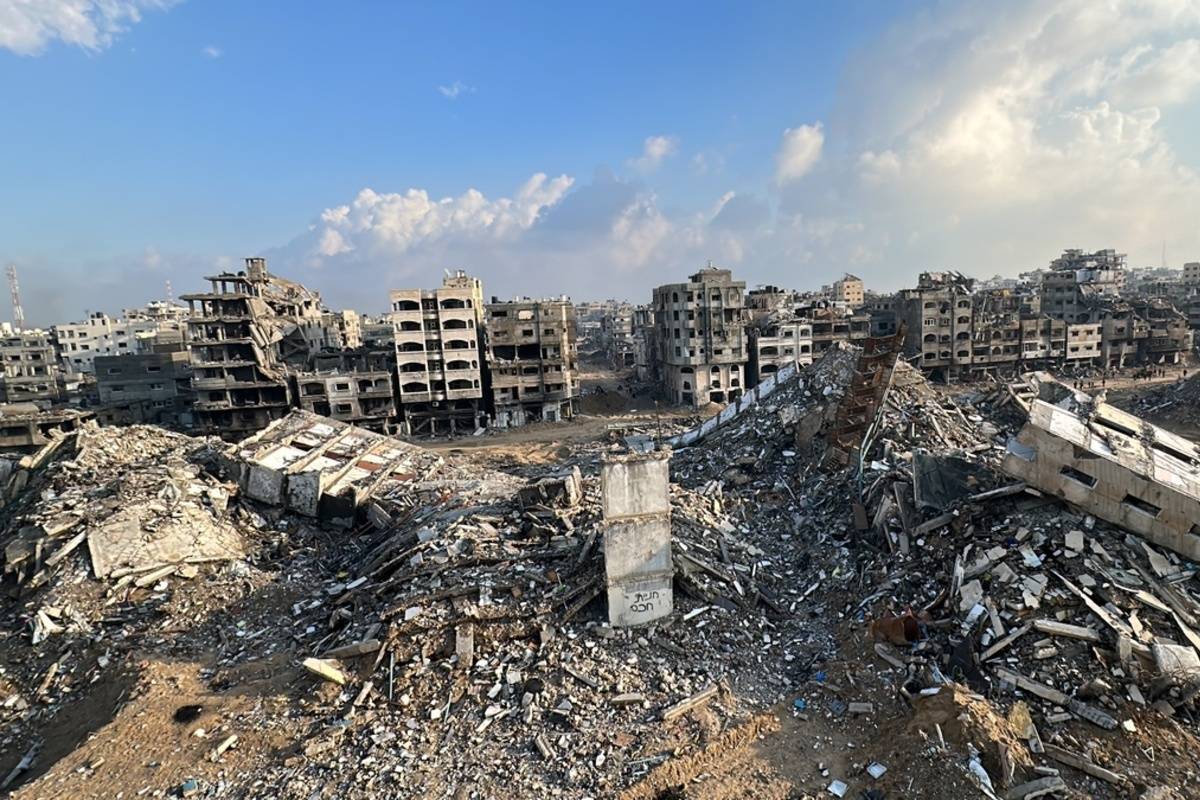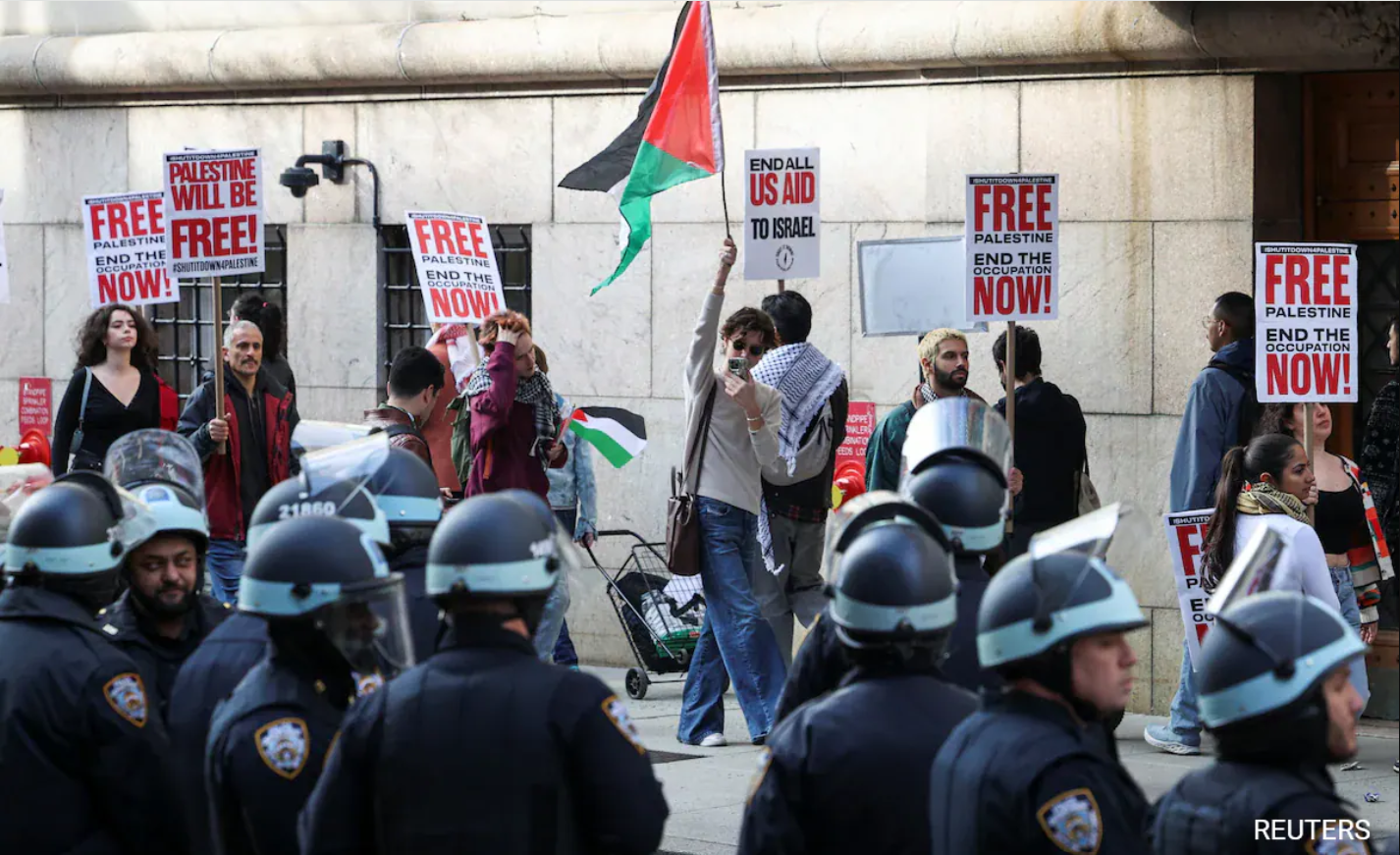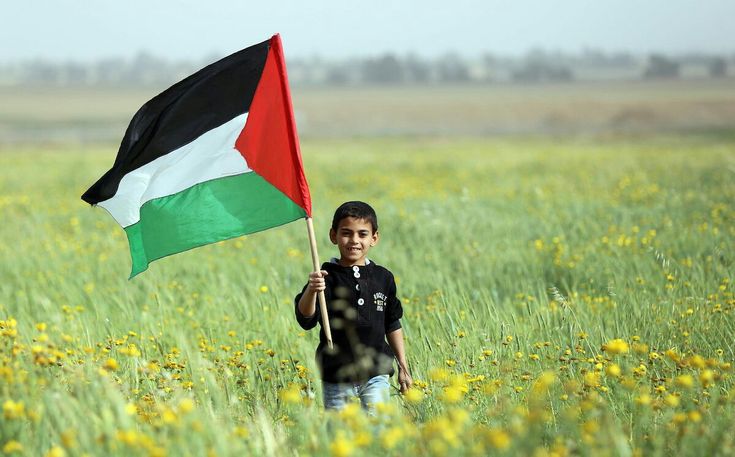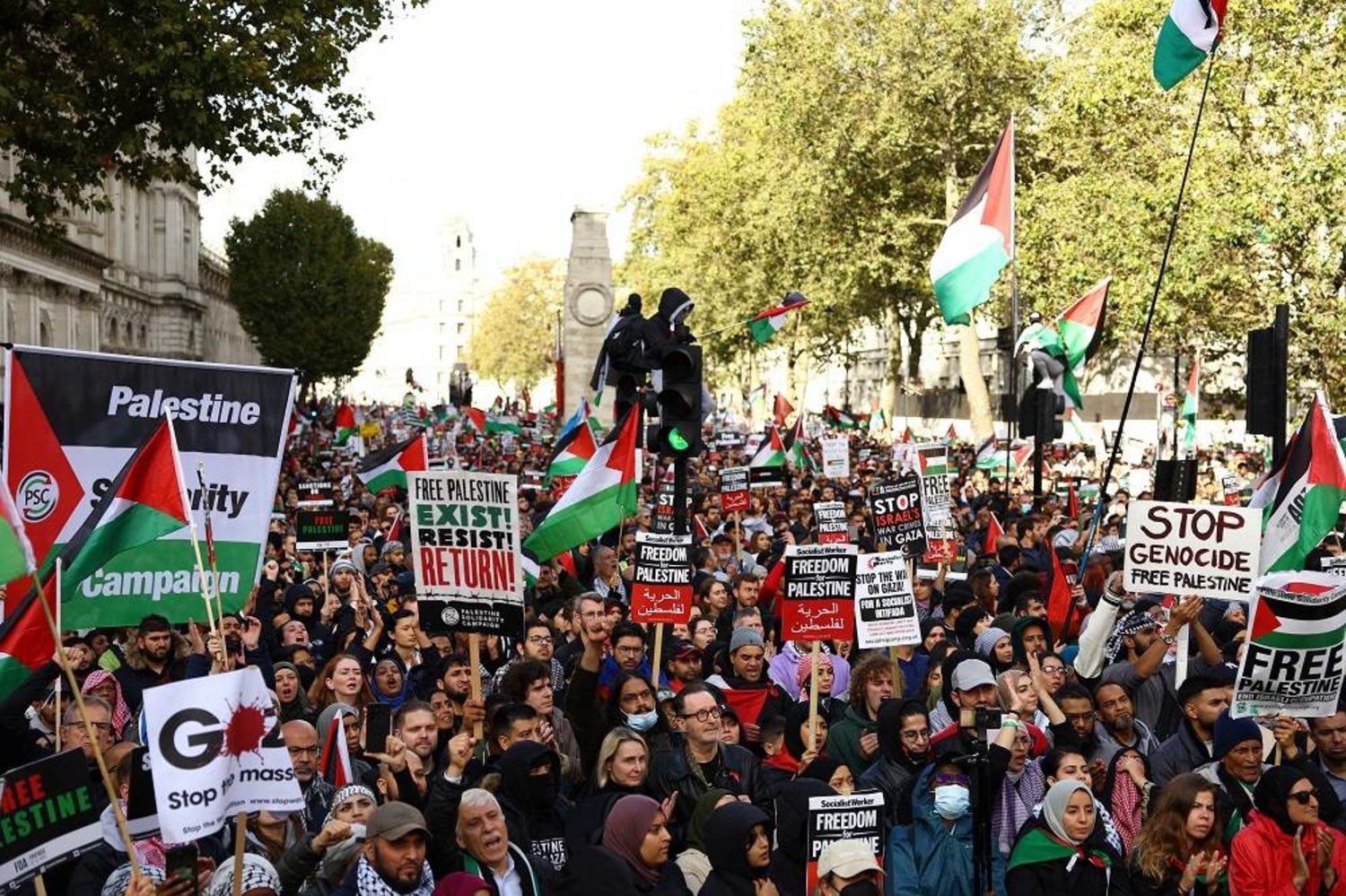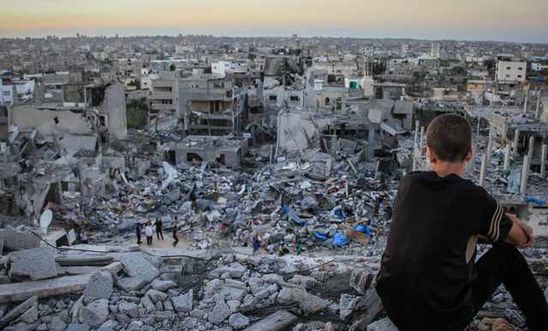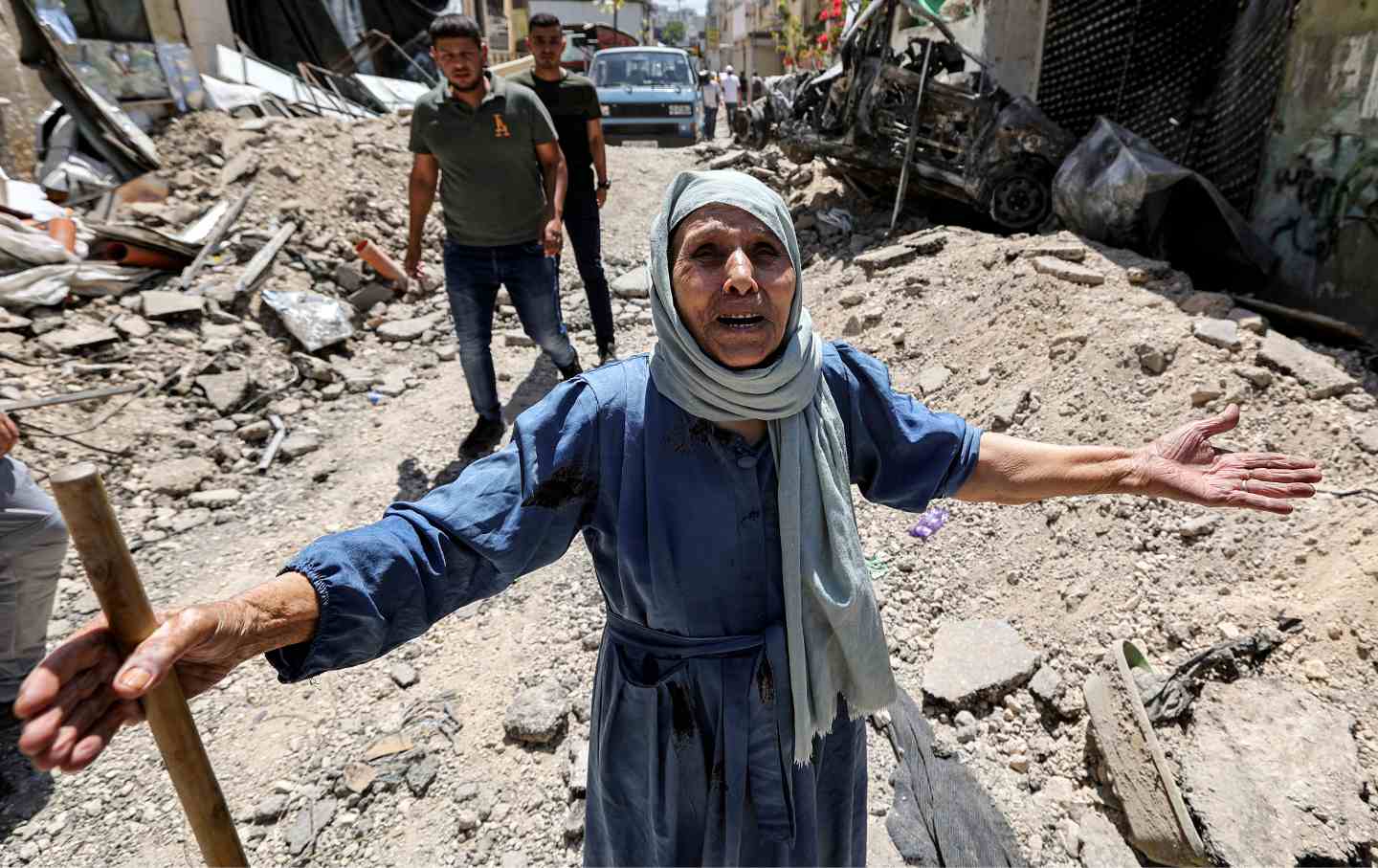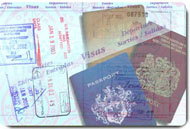
It has always been my conviction that Israel hatches its long-term plans far before anything visible appears on the ground. This conviction has been proven true in more than one instance. For example, the separation wall that now slices up the West Bank is more or less a manifestation of former Israeli Prime Minister Ariel Sharon's plan back in the 40s, which stipulated the creation of a Palestinian entity on no more than 40 percent of the West Bank.
It is true regarding the isolation of Jerusalem, which first began as a seemingly fluid checkpoint near Al Ram. Today, the entrance into Jerusalem is all but airtight with numerous crossings (they are no longer called checkpoints) barring Palestinians access to the holy city.
Today, it is true of something else. Now, not only are those bearing Palestinian ID cards banned from entering Jerusalem or Israeli territories, but those who have only foreign passports also run this risk when entering the country.
I am talking about a new Israeli policy – or more precisely, a passport stamp – that limits foreigner passport bearers to Palestinian Authority territories. It is no longer a rumor or a speculation. It is a fact with the stamp to prove it. It is my suspicion that Israel is working up to something much bigger than just a stamp, which primarily targets Americans (or other nationals) of Palestinian origin who frequent Palestine mostly to visit relatives residing in the West Bank. By limiting US nationals who declare their intention to visit the West Bank, Israel can cut off even more Palestinians from entering its territories, thus further consolidating the confined space where Palestinians are allowed. Eventually, Israel will be completely separated from anything and anyone Palestinian (save the border crossings, over which I am sure it will not relinquish control) including those who, as Americans, have a right to enter Israel as well.
Back to my original point, though. We Palestinians, I think, have never completely grasped the well-plotted schemes Israel concocts. In hindsight, we should have seen this coming because all the signs were there, including the original division of the Palestinian territories into Areas A, B and C. Jerusalem was not included as Palestinian and was therefore off limits to all those who were issued Palestinian ID cards and passports following the years after the Oslo Accords were signed. Now, only those who are granted an Israeli travel permit could enter "Israeli" territory, including east Jerusalem.
Mine is a "mixed" family, if you will. My mother, two of my sisters and myself, all received Palestinian passports while my father, brother and oldest sister continued to enter and exit the country on their US passports only. They could travel to Jerusalem freely while we could not. Eventually, they could travel out of Tel Aviv's Ben Gurion Airport while we were forced to travel via the Allenby Bridge.
Just when we were getting used to this new arrangement, Israel began randomly refusing those with single foreign citizenship entry into Israel, which of course, meant my "non-Palestinian" family members were running the risk of not being able to come home. In time, my brother's turn came. He was denied entry at Ben Gurion and was forced to wait in Egypt for eight weeks as lawyers hammered out an agreement here on the basis that his wife is an Israeli citizen. Now, he is only allowed to return for a visit once a year and was promptly told by Israeli airport security personnel that he "could never live here again."
Last time he entered the country, it was through the Allenby Bridge. Lucky enough, I live in Jerusalem, which means that when the less-than-friendly Israeli security officer asked where he was going, he said to his sister's house. A slew of questions ensued – "Where does your sister live?", "What is her home phone number? Her mobile?", "How long will you be staying" and of course, "Do you know anyone in the West Bank?"
If my brother had given the security personnel at the bridge information about the many relatives we have in the West Bank, he would probably have gotten the Palestinian Authority-only stamp on his passport. That would have meant no visits to me.
While it hasn't happened yet, I would not be surprised if those who have been issued the Palestinian Authority-only stamps are banned from using Tel Aviv's airport as well, since Israel is following the same logic with them as they are with Palestinian passport holders. However, this is only speculation.
One of four things can happen at the Allenby Bridge as a foreign national with Palestinian affiliation or background. Either you are given the three-month entry visa with minimal difficulties, you are given the PA-only visa which bars you from Israel, you are turned back at the border altogether for "security reasons" or your three-month visa is scratched out and replaced with a one-week (or two or three week) entry. If you overstay your week, security officials assure you that (after they hunt you down and deport you) you will never enter "Israel" again.
This sounds like something a US national should report to his/her embassy or consulate, right? Unfortunately, like so many other instances where US-Israel relations are concerned, the US has made it clear it is unwilling to do anything.
"…The Consulate can do nothing to assist in getting this [Palestinian Authority] visa status changed; only Israeli liaison offices in the West Bank can assist -- but they rarely will. Travelers should be alert, and pay attention to which stamp they receive upon entry," reads the online US Consulate's travel advisory.
"Entry into Israel and the West Bank is subject to the authority of the relevant border officials. U.S. citizens may contact the Consulate General to report cases involving denial of entry into the West Bank via the Allenby Bridge-King Hussein border crossing, though the Consulate cannot assume responsibility for facilitating U.S. citizens' passage into Israel or the West Bank."
So, US nationals, the next time you are turned back at one of Israel's borders or are given a PA-only stamp, file a complaint with the US Consulate just for good measure. Just don't expect a reply.
Joharah Baker is a Writer for the Media and Information Program at the Palestinian Initiative for the Promotion of Global Dialogue and Democracy (MIFTAH). She can be contacted at mip@miftah.org.




